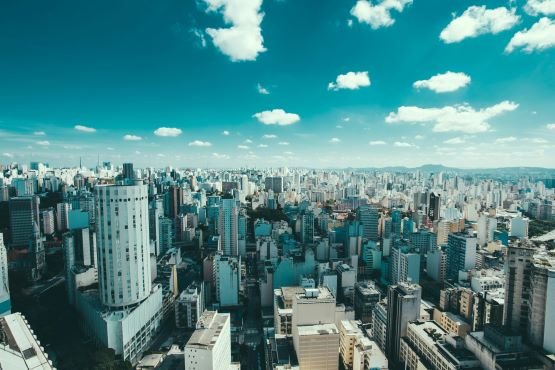
Migration is a profound journey that can lead to new opportunities, but it comes with significant challenges. For many individuals migrating from Pakistan to Brazil, the experience is both transformative and demanding. In this blog, we will delve into the major problems faced by immigrants during this transition and explore potential solutions to alleviate these difficulties.

Major Problems Faced by Immigrants

1. Language Barrier
One of the most immediate and pressing issues for Pakistani immigrants in Brazil is the language barrier. Portuguese is the official language of Brazil, and for those unfamiliar with it, communication becomes an overwhelming challenge. This difficulty extends to everyday tasks such as grocery shopping, interacting with local authorities, and even understanding public transportation systems.

2. Cultural Differences
Adjusting to a new culture can be daunting. Pakistani immigrants often face a significant cultural shift when moving to Brazil. From food and clothing to social norms and traditions, the differences can lead to feelings of isolation and homesickness. Moreover, the contrast in religious practices can be another source of discomfort, especially for those observing Islamic traditions in a predominantly Christian country.

3. Employment Challenges
Finding a job is crucial for any immigrant to sustain their livelihood. Unfortunately, many Pakistani immigrants in Brazil encounter difficulties securing employment. The lack of local language skills, non-recognition of foreign qualifications, and unfamiliarity with the job market make it hard to find suitable work. Consequently, many end up in low-paying or exploitative jobs.

4. Legal and Documentation Issues
Navigating Brazil’s immigration system can be a complicated and time-consuming process. Immigrants often struggle with acquiring legal residency, work permits, and other essential documentation. Without proper papers, they risk being exploited or facing deportation.

5. Access to Healthcare and Education
Accessing basic services like healthcare and education can be another challenge for Pakistani immigrants. Language difficulties, unfamiliarity with the system, and financial constraints often prevent them from receiving adequate care or enrolling their children in schools.

Solutions to These Problems
While the problems faced by Pakistani immigrants in Brazil are considerable, several steps can be taken to address them:
1. Language and Cultural Integration Programs
Government and non-governmental organizations should offer language courses and cultural orientation programs. These initiatives can help immigrants learn Portuguese and adapt to Brazilian culture more smoothly. Local community centers can also play a vital role in fostering connections between immigrants and native Brazilians.
2. Skill Development and Employment Support
Providing skill development programs tailored to the Brazilian job market can improve employment opportunities for immigrants. Additionally, job placement services and networking events can help bridge the gap between employers and immigrant job seekers.
3. Simplifying Legal Procedures
Streamlining immigration processes and offering legal assistance can ease the burden on immigrants. Governments could establish dedicated support centers to guide immigrants through legal formalities and ensure their rights are protected.
4. Improving Access to Basic Services
Efforts should be made to make healthcare and education more accessible to immigrants. Translation services, financial assistance programs, and awareness campaigns about available resources can help overcome these barriers.
5. Community Support and Awareness
Creating inclusive communities and raising awareness about the contributions of immigrants can foster a more welcoming environment. Encouraging intercultural dialogue can reduce prejudice and promote understanding.
Conclusion
The journey from Pakistan to Brazil, while promising, is fraught with challenges. By addressing these major problems and implementing effective solutions, both immigrants and host communities can benefit immensely. Governments, organizations, and individuals all have a role to play in building a more inclusive and supportive environment.
For further reading and resources, check out the following links:
Through understanding and collective action, we can transform the cost of migration into an opportunity for growth and connection.




